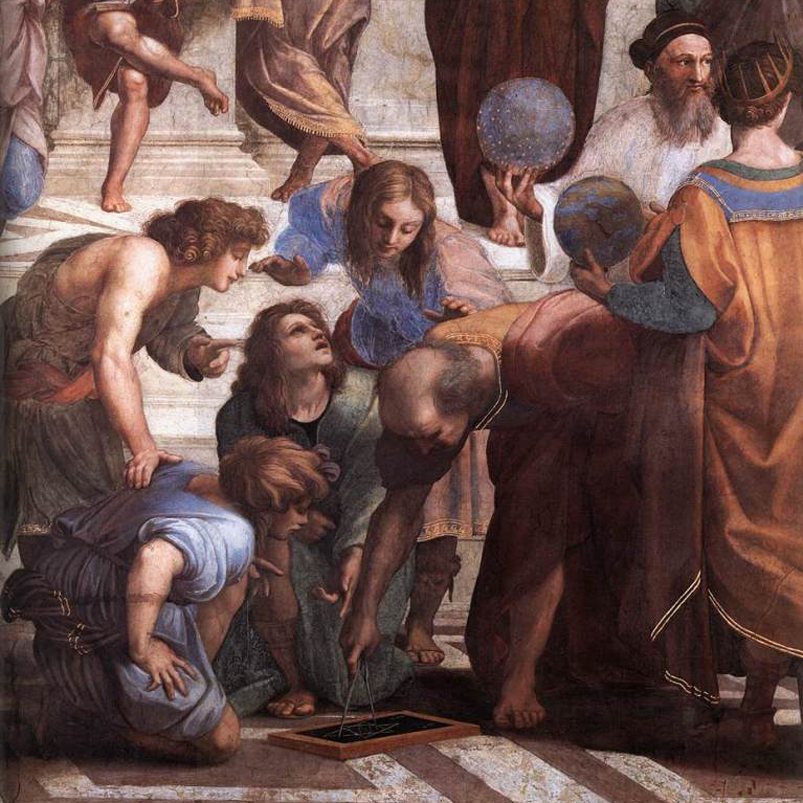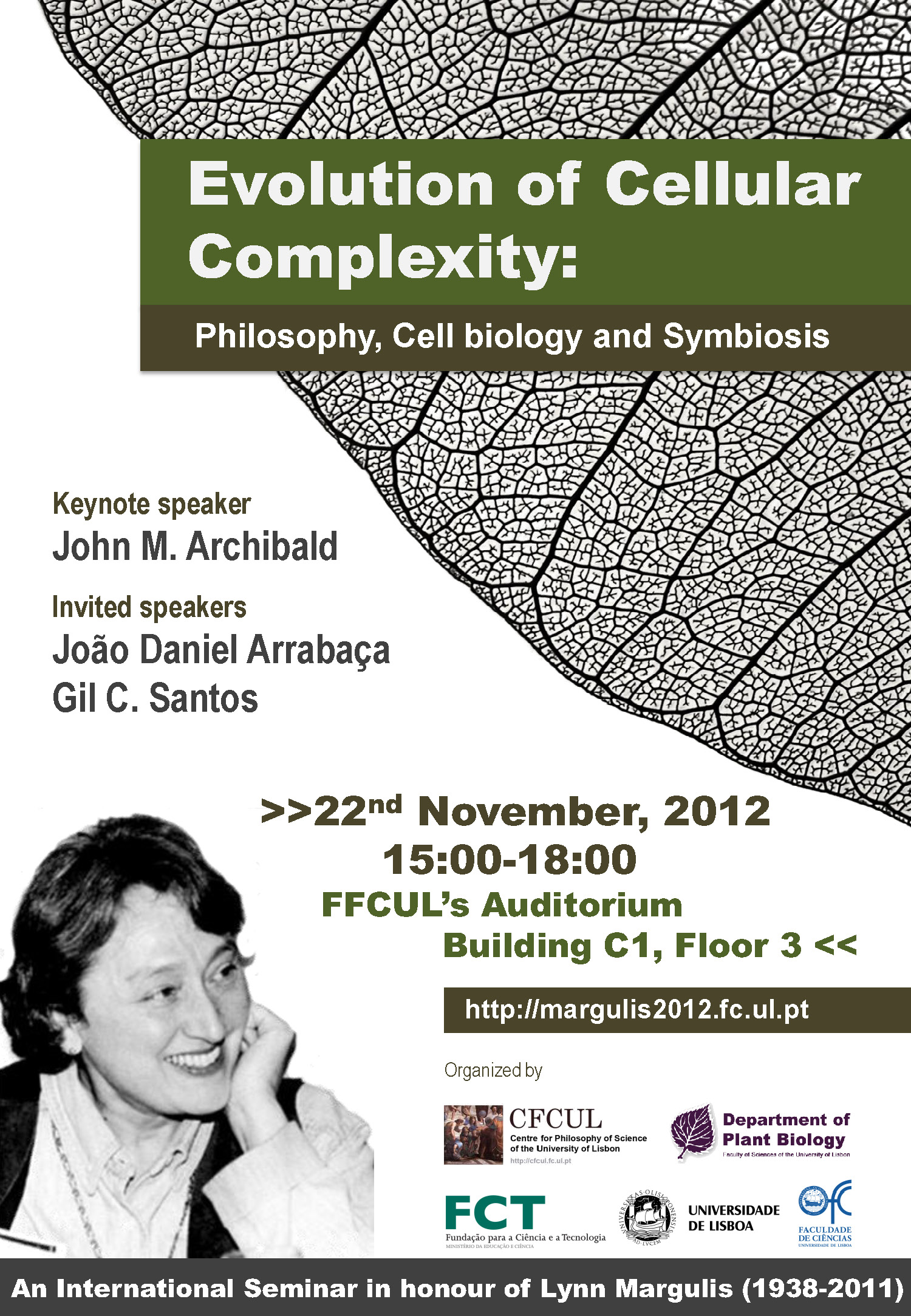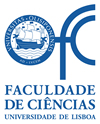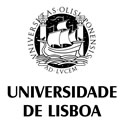Evolution of Cellular Complexity:
Philosophy, Cell biology and Symbiosis
November 22nd, 2012 || Faculty of Sciences of the University of Lisbon
A seminar in memory of Lynn Margulis
Speakers
John M. Archibald
Canadian Institute for Advanced Research, Program in Integrated Microbial Biodiversity, Department of Biochemistry & Molecular Biology, Dalhousie University, Halifax, Nova Scotia, Canada

Dr. John M. Archibald is Professor of Biochemistry and Molecular Biology at Dalhousie University in Halifax, Nova Scotia, Canada. He obtained his Ph.D. from Dalhousie in 2001 working on the evolution of multi-gene families with Dr. W. Ford Doolittle and spent two years as an Izaak Walton Killam post-doctoral fellow at the University of British Columbia under Dr. Patrick Keeling. He is currently a Fellow of the Canadian Institute for Advanced Research, Program in Integrated Microbial Biodiversity. Dr. Archibald is the recipient of several recent awards including the 2008 Award of Excellence in Basic Research from the Dalhousie Medical Research Foundation and a New Investigator Award from the Canadian Institutes of Health Research (2009-2013). His contributions to the scientific community include serving as Treasurer of the Society for Molecular Biology & Evolution (2009-2011) and Associate Editor for various journals, including Genome Biology & Evolution andJournal of Phycology. He is currently an Editorial Board member ofCurrent Biology and BMC Biology. His current scientific interests include the genomic diversity of microbial eukaryotes and the origin and evolution of eukaryotic organelles. Dr. Archibald is the author of more than 80 scientific publications since the year 2000.
Evolving complex photosynthetic life: historical and modern perspectives
The evolution of photosynthesis in eukaryotic (nucleus-bearing) cells was a landmark in the history of life. Plastids – the light-harnessing subcellular organelles of plants and algae – evolved from once free-living cyanobacteria by endosymbiosis approximately one billion years ago. In this lecture I will provide an overview of the 'who, what, when and how' of organelle evolution in eukaryotes, with focus on recent genomics-enabled advances in our understanding of plastid evolution. Examples of 'recently' evolved photosynthetic organelles will also be discussed as they pertain to the fundamental question of how an endosymbiont becomes an organelle.
João Daniel Arrabaça
Center for Biodiversity, Functional and Integrative Genomics,
Department of Plant Biology, Faculty of Science, University of Lisbon

Dr. João Daniel Arrabaça is Associate Professor of the Department of Plant Biology, at the Faculty of Sciences of the University of Lisbon (FCUL). He concluded the first degree (Licenciatura) in Biology at the FCUL, and the Ph.D. in Biochemistry at the University of Bristol, UK. He got schoolarships for research from the Calouste Gulbenkian Foundation at the Gulbenkian Institute of Science (Microbiology) from 1972 to 1977, and for teaching at the University of Bristol, UK, from 1977 to 1980. Taugh within the area of plant physiology and biochemistry, since 1981, at the Departament of Plant Biology, FCUL, for the first degree and M.Sc. in Biology and Biochemistry. He has been responsible for Master and Doctoral dissertations by University of Lisbon and for postdoctoral sponsorship. Carries research in plant physiology and biochemistry, focused on mitochondrial bioenergetics, with publications in international refereed journals.
Mitochondria and the improbability of life
Mitochondria are known as the powerhouse of cells and exist in all eukaryotic organisms. Although significant differences exist between mitochondria from animal and plant tissues, the basic functioning of energy transduction mechanisms is very similar, indicating the probability of evolution from a common ancestor, about 2.103 million years ago. Our understanding of these mechanisms was based on the notion of chemiosmosis, perhaps the first biological “scientific” theory, on Popper terms. Examples of differences and similarities among these organelles, and their multifarious functions, shall be briefly discussed.
Gil C. Santos
Centre for Philosophy of Science, Faculty of Science, University of Lisbon

Dr. Gil C. Santos concluded the PhD in Philosophy by the FCSH-UNL (2009), with the thesis "The Persistence of Objects. A critical to the Quadridimensionalist Ontology". Master (2002) and Bachelor (1999) in Philosophy by the FLUP. Integrated member of the CFCUL since 2008, team member of the FCT project "Philosophical Problems of Quantum Physics (PI – Prof. José R. Croca), and of the FCT project "What is a physical theory?" (PI – Prof. Rui N. Moreira). Currently, is developing a Post-Doc, with a FCT fellowship, on "Emergence, Mecanicism and Non-linearity" under Prof. John Symons (University of Texas, USA) and Prof. José R. Croca (University of Lisbon, Portugal).
Symbiosis as a case of Emergent Evolution
As a philosophical theory about the structure and developmental processes of natural reality, and also about our knowledge about it, emergence theory has nowadays two major problems: to give a positive characterization of emergence, avoiding some of the usual negative and ambiguous notions such as non-reducibility, or non-predictability, and to give concrete examples in natural sciences of instances of emergence. We will address these two major problems, showing how symbiosis can be regarded as a concrete instance of ontological emergence as defined by us.






